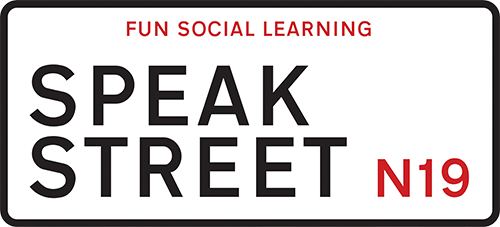Subs vs Dubs – Read vs Listen?
Parasite, the latest Oscar winning film which also broke records by becoming the first foreign language film to win best picture, has reignited debates on how international films are best translated into the English language.
The BBC recently compiled a very interesting article outlining the arguments supporting the two contrasting styles. Of course the overriding argument for making any translation, be it “subbing or dubbing”, remains clear. The argument put forward is that a great deal of the English speaking western world continues to miss out on a wealth of cinematic wonder and cultural offerings, simply because people “can’t be hassled” in watching a foreign film. Director Bong Joon Ho put it quite plainly in his acceptance speech“Once you overcome the one-inch tall barrier of subtitles, you will be introduced to so many more amazing films.”
Reading the BBC story, you’ll find a detailed and passionate set of arguments for both approaches. There’s an interesting look back at the history of subtitles, commencing with the silent movie era, all the way to modern dubbing initiatives pioneered by developers such as Netflix.
As an avid movie watcher myself, I must admit, I do find it a struggle to watch (and read) a foreign language film, especially after a long day at work. At the same time, I’m not sure dubbing would greatly enhance my viewing experience. My mind wanders back to the mid-nineties when badly dubbed adverts from countries such as Germany and Spain made their way onto our TV screens… an almost comedic style similar to the trashy dubbed versions of BBC classics such as Fawlty Towers shown in Latin America.
Whatever your personal preference, I sure we’d all agree that film making should be about the art, craftsmanship and good story telling, without viewers getting bogged down on the specifics of where a movie is made. By developing new approaches to translation we are helping to preserve the raw emotion and nuances of storytelling across
By Adam Humble

Social